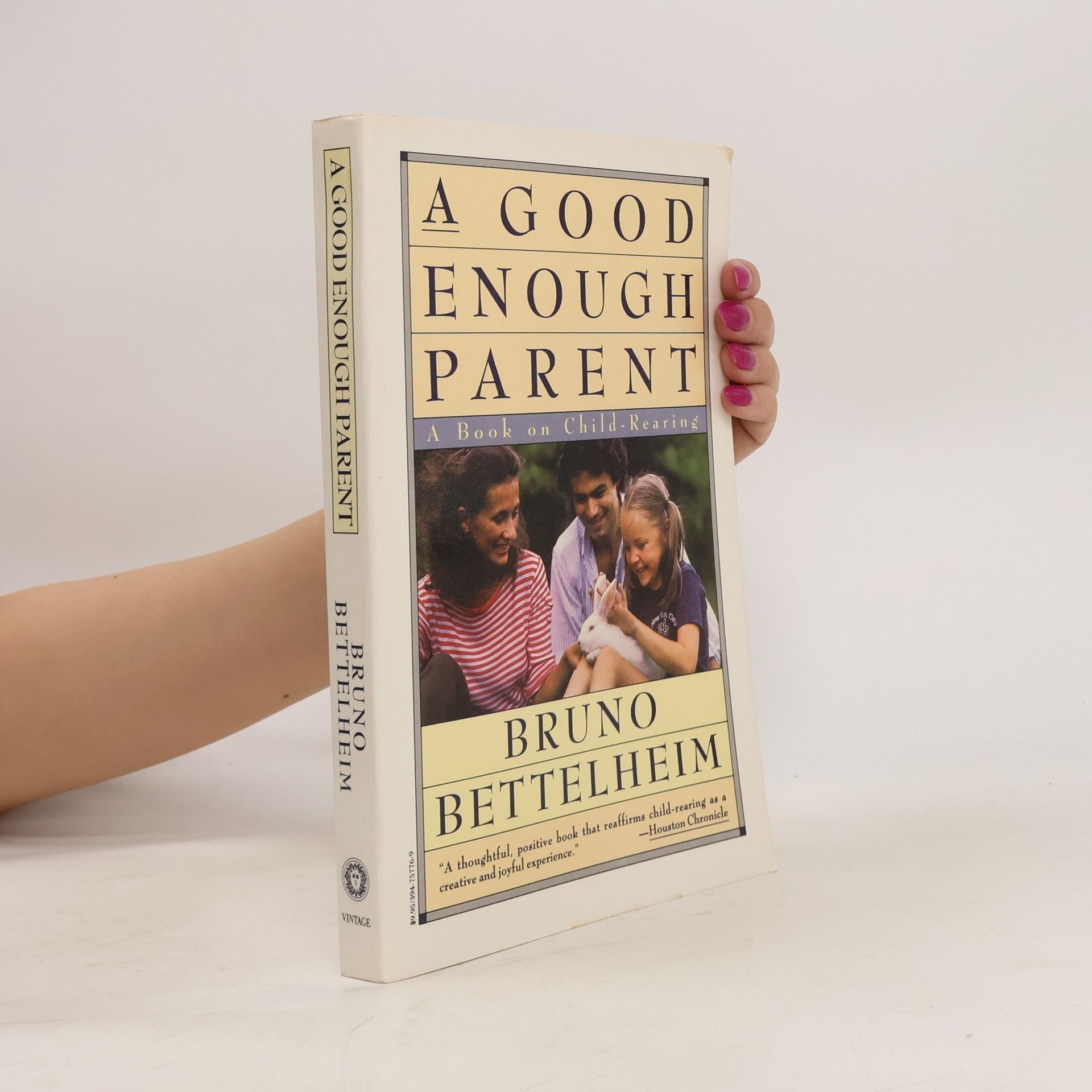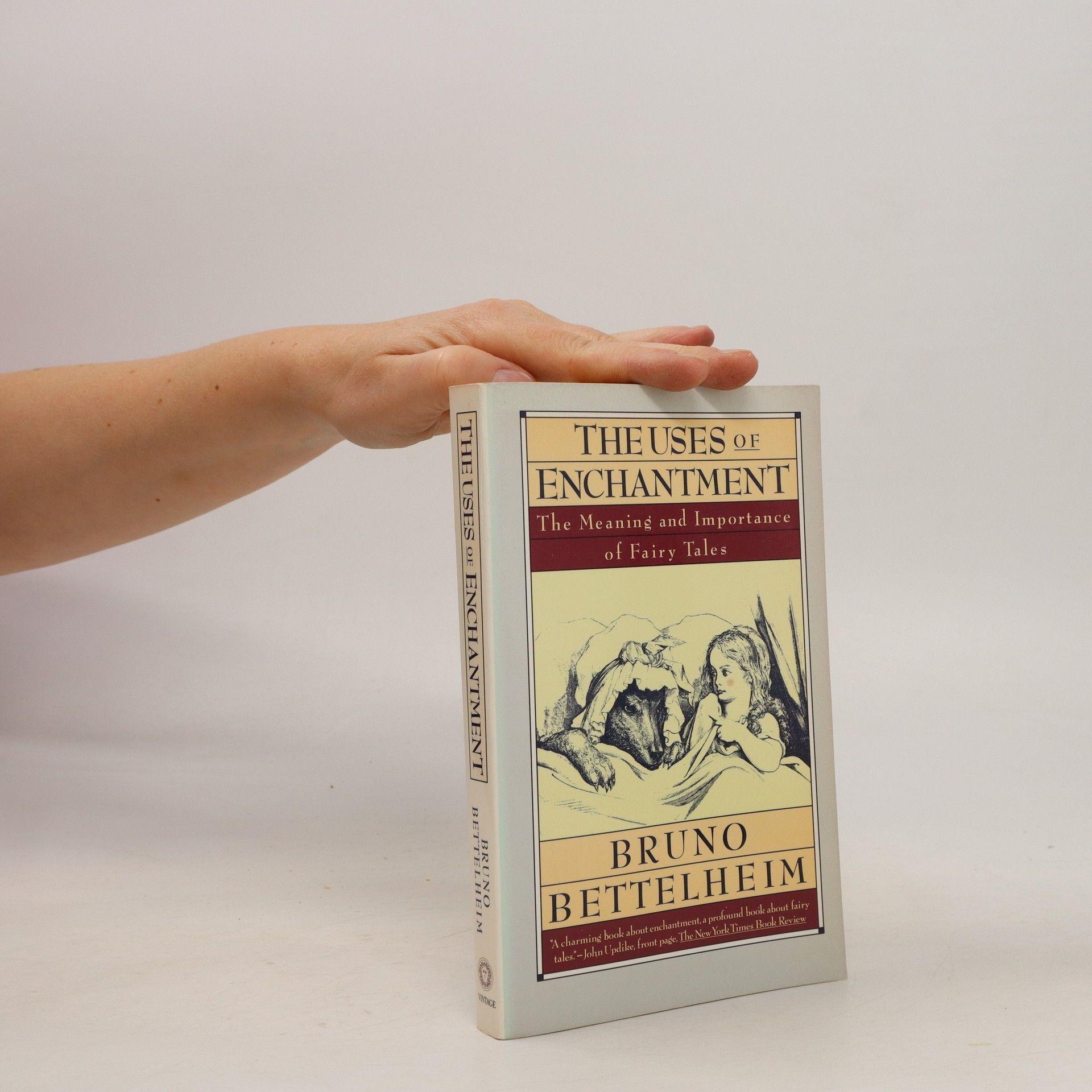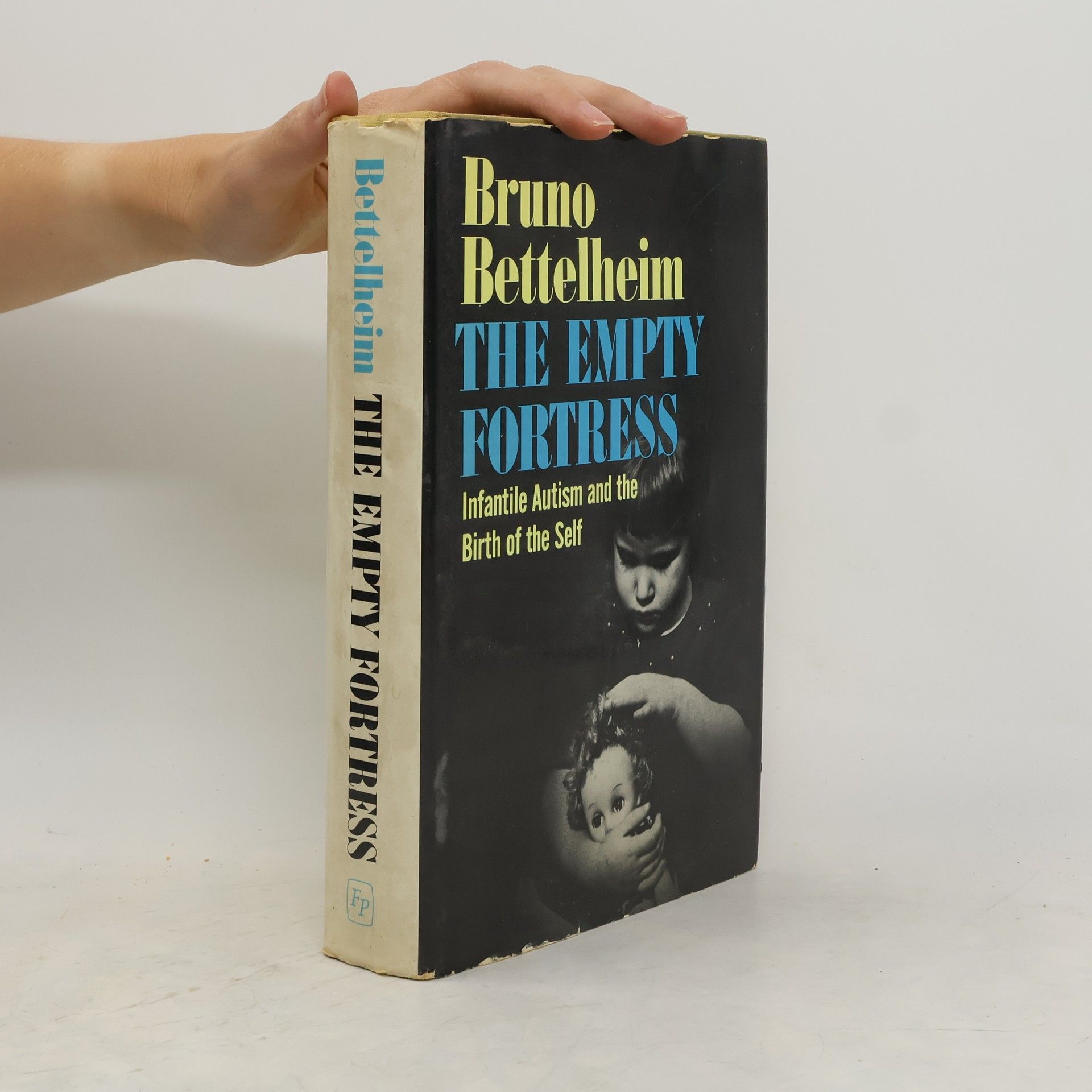V letech 1938–1939 byl psycholog Bruno Bettelheim uvězněn v koncentračních táborech v Dachau a Buchenwald. Aby přežil a zachoval si lidskost, začal analyzovat chování vězňů a dozorců, které popisuje až s mrazivou věcností. Lidé nejsou mravenci, aby se vždy ochotně podřídili systému. Extrémní podmínky v nacistických lágrech, cíleně vytvářené technologicky přesnými postupy, však mohou člověka přimět, aby se v zájmu přežití své lidskosti zřekl. Jen menšině podařilo zachovat si integritu, a než aby se jí vzdali, dobrovolně se vydali vstříc smrti. Nechybí zde ani analýza předválečného Německa a možné odpovědi na často kladenou otázku: Jak se mohl velký kulturní národ podvolit tak zrůdné ideologii? Díky této detailní analýze života v koncentračním táboře a tlaku totálního státu můžeme lépe pochopit, jak člověk v takové extrémní situaci reaguje, co jej dokáže připravit o autonomii a integritu a vést k jeho depersonalizaci a ztrátě identity.
Bruno Bettelheim Knihy
Bruno Bettelheim bol detský psychológ a spisovateľ rakúskeho pôvodu. Medzinárodnú reputáciu si získal svojimi názormi na autizmus a úspešným liečením emocionálne narušených detí. Jeho práca sa sústreďovala na hlbšie psychologické príčiny detských problémov.







The Uses of Enchantment
- 352 stránok
- 13 hodin čítania
The great child psychologist gives us a moving revelation of the enormous and irreplaceable value of fairy tales - how they educate, support and liberate the emotions of children.
In this book, the preeminent child psychologist of our time gives us the results of his lifelong effort to determine what is most crucial in successful child-rearing. His purpose is not to give parents preset rules for raising their children, but rather to show them how to develop their own insights so that they will understand their own and their children's behavior in different situations and how to cope with it. Above all, he warns, parents must not indulge their impulse to try to create the child they would like to have, but should instead help each child fully develop into the person he or she would like to be.
This is a book by the American psychoanalyst who specializes in the treatment of children with emotional disturbances and who is known for his work with autistic children. The author also wrote "A Good Enough Parent", "The Informed Heart","The Uses of Enchantment" and "Surviving the Holocaust".
Surviving and Other Essays
- 432 stránok
- 16 hodin čítania
Twenty-four essays range over the entire spectrum of Dr. Bettelheim's concerns, from the Holocaust, the sexual revolution, to schizophrenia and totalitarianism
Bruno Bettelheim explores the complexities of childhood and the impact of dreams on development in his latest work. Drawing from his expertise in psychology, he delves into the significance of dreams in shaping children's emotions and behaviors. The book offers insights into the interplay between dreams and reality, emphasizing their role in understanding and nurturing a child's inner world. Bettelheim's thoughtful analysis provides valuable perspectives for parents, educators, and anyone interested in child psychology.
In den 19 Essays dieses Bandes, die einer geistigen Biographie gleichzusetzen sind, tritt Bettelheim vor allem als Initiator einer ganz spezifischen Forschungsrichtung innerhalb der Psychologie entgegen: Er beschäftigte sich als einer der ersten mit der sogenannten 'Psychologie der Extremsituation'. Die 'Extremsituation', in der alle Abwehrmechanismen, die der Mensch gegen die Angst vor dem Tod errichtet hat, plötzlich und gleichzeitig zusammenbrechen, erlebt der KZ-Häftling physisch und psychisch; aber auch das Kind, das eine Schizophrenie entwickelt, zeigt auf eine Situation, die äußerlich ganz verschieden ist, eine emotional völlig ähnliche Reaktion.



